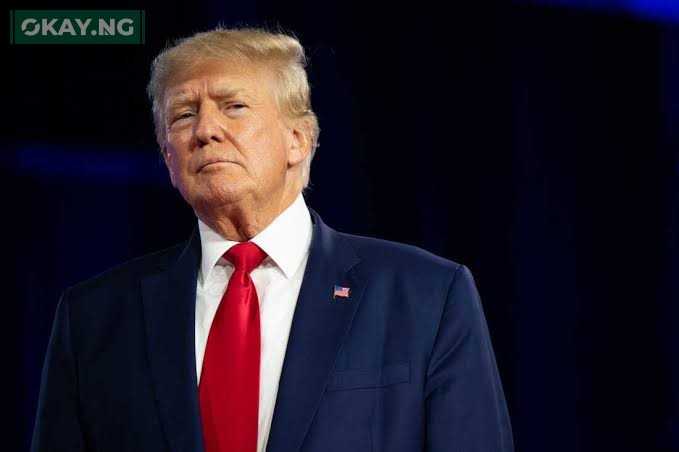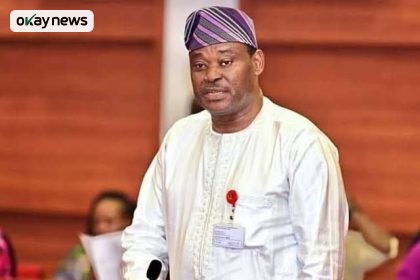The United States government, under the leadership of President Donald Trump, has announced sweeping 50% tariffs on a wide range of Indian exports. This decisive policy doubles the previous 25% rate, effective from Wednesday, in response to India’s continued purchase of crude oil from the Russian Federation.
This sharp escalation in trade restrictions has further strained the once-strong diplomatic and economic relations between Washington and New Delhi.
According to Reuters, the new levy affects nearly 55% of India’s annual exports to the United States, which are valued at approximately $87 billion. Analysts caution that the measures could result in a staggering 30% decline in export orders, threatening India’s small and medium-sized enterprises that rely heavily on U.S. trade.
Industries producing labor-intensive goods—including textiles, jewelry, seafood, and leather—are expected to be the hardest hit. Reports suggest that Indian exporters are already experiencing widespread order cancellations, with competing exporters in Bangladesh and Vietnam likely to gain a stronger foothold in the American market.
Political observers have described the situation as one of the most difficult moments in U.S.–India relations in recent years. Commentators say Trump’s administration is using tariffs as a tool to punish India for what it perceives as profiteering from Russian oil, even as larger oil importers such as China face fewer trade restrictions.
Wendy Cutler, Senior Vice-President at the Asia Society Policy Institute, expressed concern:
“One of the most troubling developments in the Trump tariff saga is how India moved from a promising candidate for an early trade deal to a nation facing among the highest tariffs imposed by the US against any trading partner.”
She further warned:
“The high tariffs have quickly eroded trust between the two countries, which could take years to rebuild.”
okay.ng reports that this policy shift could reshape global supply chains, influence oil trade patterns, and deepen competition among Asian exporting nations.







